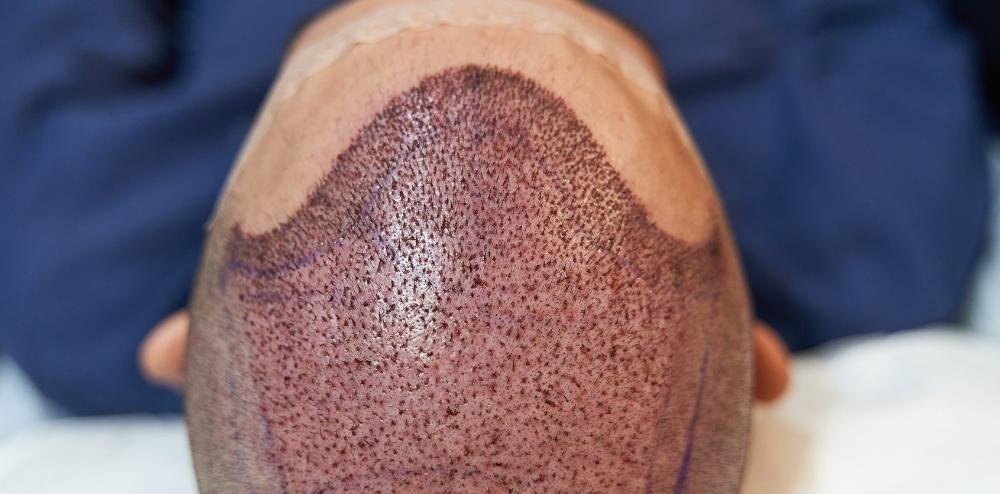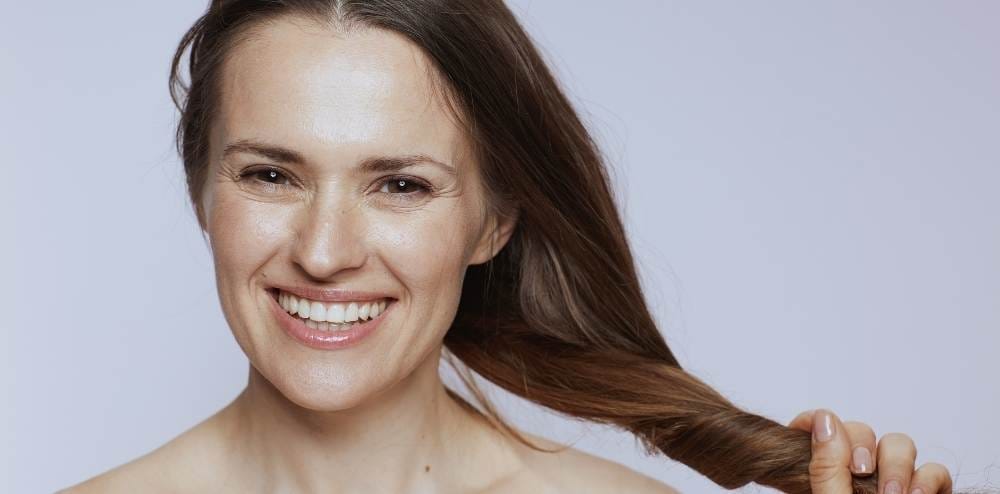Hair transplant surgery can be a life-changing experience for many people who suffer from hair loss. After undergoing this procedure, it is important to take proper care of your hair to ensure the best possible results. In this comprehensive guide, we’ll go over some of the best tips and tricks for taking care of your hair after a transplant. Whether you’re a first-time transplant patient or have already gone through the procedure, this guide will provide you with the information you need to ensure a smooth and successful recovery.
Before we get started, it’s important to note that everyone’s hair transplant journey is different. What works for one person may not work for another. It is important to follow the advice of your doctor or hair transplant specialist as they will have the best understanding of your individual situation. With that being said, let’s dive into some of the best ways to care for your hair after a transplant.
1- Get plenty of rest and stay stress-free
The first and most important tip for taking care of your hair after a transplant is to get plenty of rest and stay stress-free. Your body needs time to heal and recover after a transplant procedure, and stress can hinder this process. It’s important to take it easy for the first few days after your transplant and to avoid activities that could cause stress to your scalp or cause you to be physically active. If you have a busy lifestyle, try to schedule your transplant procedure at a time when you can take it easy for a few days.
2- Keep your scalp clean and hydrated
It’s important to keep your scalp clean and hydrated after a transplant procedure. Your hair transplant specialist will likely provide you with instructions on how to care for your scalp, which may include using a gentle, sulfate-free shampoo and conditioner. Avoid using any products that could irritate your scalp, such as those containing alcohol or fragrances. Additionally, it’s important to avoid over-shampooing your hair, as this can strip your scalp of natural oils and cause further irritation.
3- Use a gentle touch when washing and brushing your hair
When washing and brushing your hair, it’s important to use a gentle touch. Avoid using a brush or comb that is too rough, as this can cause discomfort to your scalp and increase the risk of damaging the transplanted hair follicles. It’s also important to avoid using a hair dryer on high heat, as this can be too harsh on your scalp. If you must use a hair dryer, use a cool setting and avoid blowing the hair dryer directly onto your scalp.
4- Avoid alcohol and caffeine
Alcohol and caffeine can cause dehydration, which can be detrimental to the health of your hair and scalp. It’s important to avoid these substances for at least the first few days after your transplant, and to drink plenty of water to keep your body and scalp hydrated.
It is also important to avoid smoking and exposure to second-hand smoke after a hair transplant procedure. Smoking can decrease blood flow to the scalp, which can slow down the healing process and increase the risk of complications. Additionally, exposure to second-hand smoke can also negatively impact the health of your scalp and hair.
5- Take prescribed medication as directed
Your hair transplant specialist may prescribe medication to help with the healing process and to reduce the risk of infection. It is important to take these medications as directed, and to report any adverse side effects to your doctor. Additionally, be sure to follow any other post-operative instructions given by your doctor, such as avoiding strenuous activity or using ice packs to reduce swelling.
6- Follow a healthy diet and exercise regularly
A healthy diet and regular exercise can help to promote overall health and wellness, which can in turn benefit the health of your hair and scalp. Eating a diet rich in vitamins and minerals, such as vitamins A, C, and E, as well as iron and biotin, can help to support the health of your hair and scalp. Additionally, engaging in regular exercise can improve circulation and promote a healthy scalp.
7- Be patient and give your hair time to grow
It can take several months for the transplanted hair to start growing, and it can take up to a year for the full results of the transplant to be visible. It’s important to be patient and to give your hair time to grow. Avoid pulling on or otherwise damaging the transplanted hair, as this can cause discomfort and increase the risk of complications.
8- Regular follow-up appointments with your hair transplant specialist
Finally, it is important to attend regular follow-up appointments online or in the clinic with your hair transplant specialist and send them pictures of your hair on a regular basis. These appointments can help to ensure that your hair and scalp are healing properly and that there are no complications. Your hair transplant specialist can also answer any questions you may have about the healing process and provide additional care and support as needed.
In conclusion, hair transplant surgery can be a life-changing experience, but it is important to take proper care of your hair and scalp after the procedure. By following the tips and tricks outlined in this comprehensive guide, you can ensure a smooth and successful recovery and enjoy the best possible results from your hair transplant procedure. Remember, everyone’s hair transplant journey is different, so it’s important to follow the advice of your doctor or hair transplant specialist and to be patient as your hair and scalp heal and recover.



